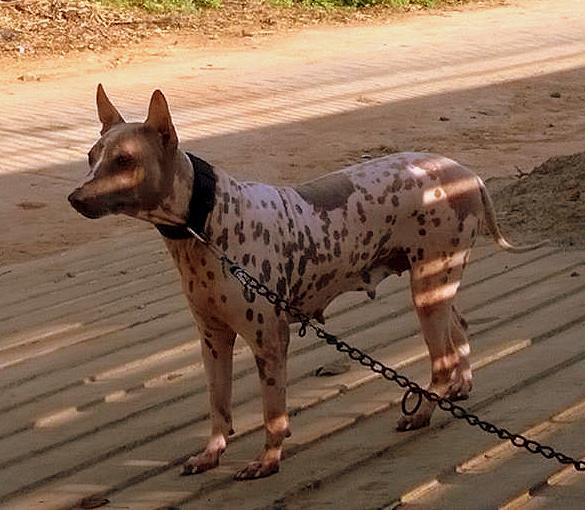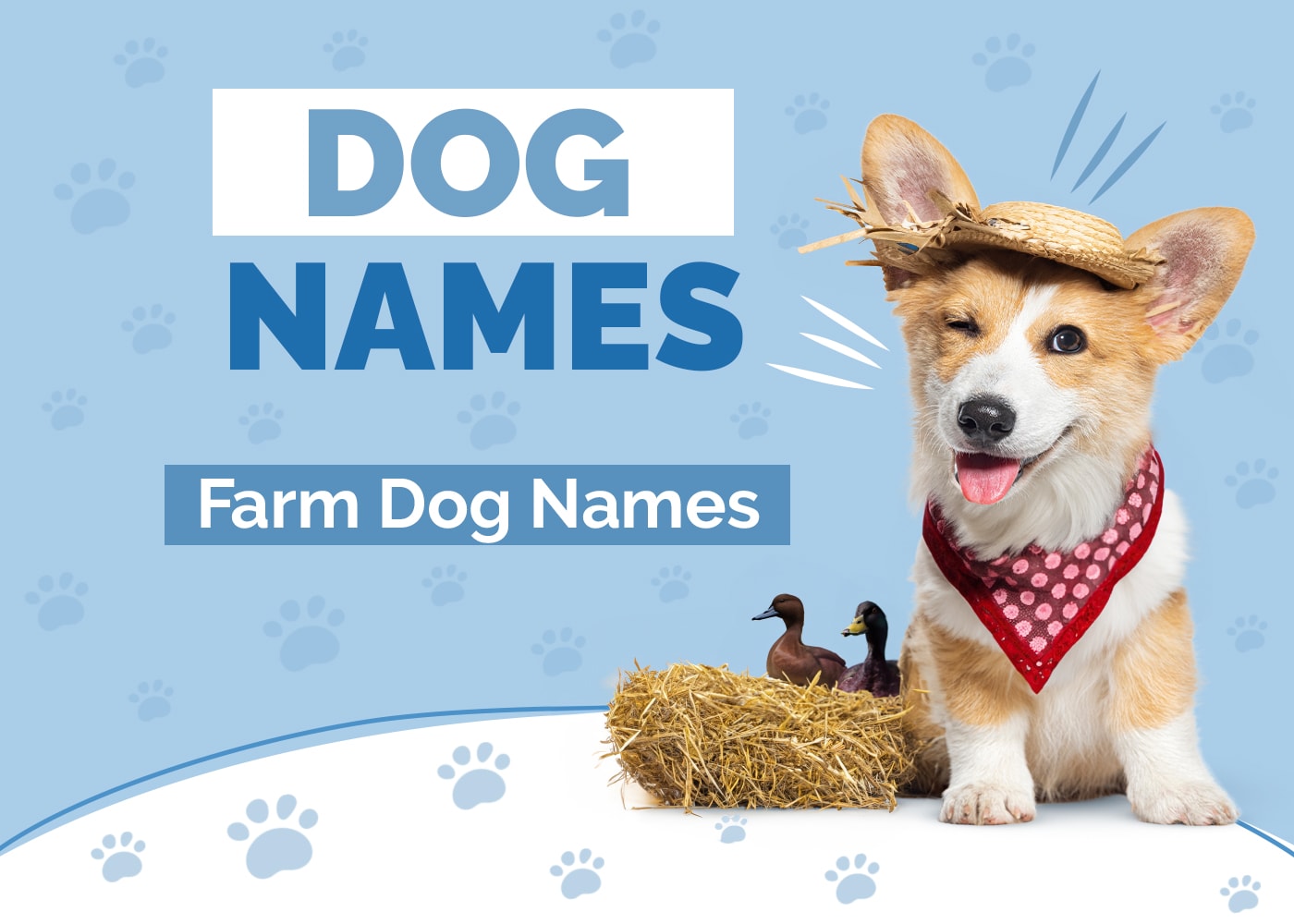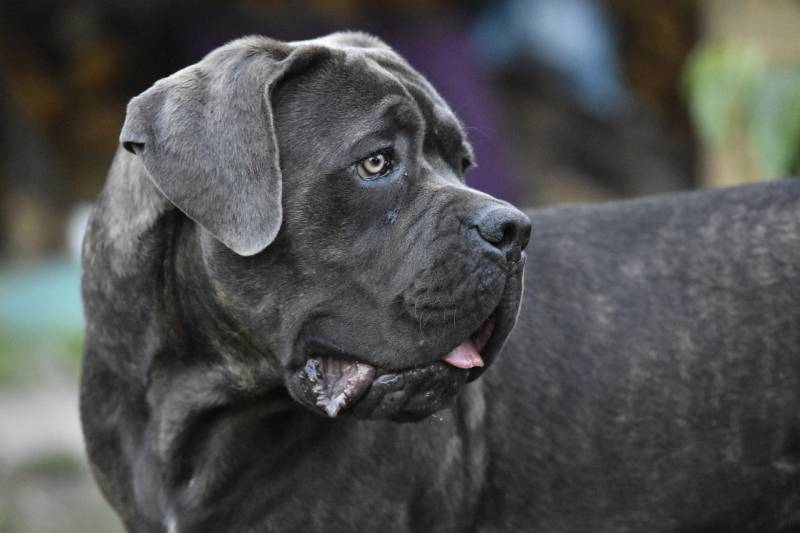Jonangi Dog Breed Info: Pictures, Personality, & Facts

Updated on

The Jonangi is an ancient dog breed that originates from the Andhra Pradesh region of Southern India. This medium-sized breed goes by several nicknames, including the Indian Duck Herding Dog, and it is considered a friendly, loyal, and loving dog that will get along with all family members including children.
However, it is a very rare breed outside of India and is becoming increasingly rare even in its home country. Although it is recognized by the Indian Kennel Club, it is not recognized by most other kennel clubs or fanciers’ associations.
| Height: | 12–18 inches |
| Weight: | 25–60 pounds |
| Lifespan: | 10–12 years |
| Colors: | Black, white, brown, fawn, chocolate, brindle |
| Suitable for: | Families that can provide plenty of exercise and want a loyal pet |
| Temperament: | Loyal, loving, energetic, lively, fun |
The Jonangi is a very rare breed and is considered in danger of going extinct. It is rarely found outside its home country of India, and even there it is difficult to find. It is best known for its hairless appearance (although it does have a coat of very short, fine hair), its yodeling vocalizations, and its very keen scenting ability. As a pet, it is loving, and loyal, and will get along with the whole family. It can also integrate into a family with other dogs and cats.
Click to skip ahead:
- Characteristics
- Temperament
- Intelligence
- Food & Diet Requirements
- Exercise
- Training
- Grooming
- Health and Conditions
- Fun Facts
Jonangi Breed Characteristics
Jonangi Puppies
The Jonangi is a very rare breed and it is unlikely that you will be able to find a breeder. If you do find a breeder that claims to have Jonangis, do plenty of research on the breeder and their dogs. Even in India, the breed is very rare, which makes finding one difficult. This also means that the breed is rarely found in rescues or shelters. It may be possible to rescue a Jonangi from India and have it shipped over directly but you must ensure that all the proper checks and paperwork are completed.
As well as being rare, the breed is not popular and most people have not heard of the Jonangi, so at present it is unlikely that its availability will change. It is also difficult to determine how much a Jonangi puppy would cost. While the breed is rare, it isn’t recognized by the likes of the UKC or the AKC, and there isn’t much demand for the breed. If you do get a Jonangi puppy, expect a lively and quite vocal dog that will need socializing and training.
The breed is not considered highly intelligent, but it does have incredible scenting skills and a willingness to work, which can more than make up for this apparent lack of intelligence. While the breed is considered friendly, socialization is important. Introduce your young dog to new people, different people, and new situations.
Temperament & Intelligence of the Jonangi 🧠
The Jonangi is described as not being intelligent but making up for it in other ways. It is a loving and loyal dog that is friendly and good-natured. It is also said to have a musical range of yodeling vocalizations that were developed to help it communicate effectively when hunting in fields and around trees. It is a medium-sized dog so as long as you can provide enough entertainment and exercise, it should adapt to living in an apartment, as long as the yodeling won’t distract and annoy neighbors that live nearby.
Are These Dogs Good for Families? 🏡
Being a very friendly and loving dog, the Jonangi makes a good pet as well as a good hunting companion. It is said to get along with all family members and especially likes the company of children. It does require plenty of exercise, so if multiple family members are willing to throw a ball or put a leash on and go for a long walk, it is an especially good choice for a family dog.
The Jonangi can be wary around strangers, but early and ongoing socialization can help ensure that this does not become a problem. And, once it gets to know somebody and they are no longer considered strangers, the breed will treat them as friends.
Does This Breed Get Along with Other Pets? 🐶 😽
As well as getting along with its human family, the Jonangi also gets on with other animals. Having been bred to hunt and retrieve fowl, it may enjoy chasing birds, especially ducks, but it shouldn’t try to hunt cats or other dogs.
It can do very well with another dog in the house to show that strangers are nothing to be wary of. Even though the Jonangi is a friendly breed that will get on with other animals, you should still make any introductions gradually and calmly. Throwing a dog and cat together and hoping they get on can have the opposite effect.
Things to Know When Owning a Jonangi
The Jonangi makes a loving and loyal family member that will get along with all family members, both human and animal. Historically, it was bred as a hunting dog and may still find use in this role today, but it is also considered a good companion dog. Its size can vary, as it comes in a small and standard size, and both sizes are said to have similar temperament and characteristics.
If you are fortunate enough to find one for sale, there are several factors to consider when taking it into your home.
Food & Diet Requirements 🦴
Jonangis, like all dogs, are facultative carnivores, but are most often described as being omnivores. Facultative carnivores are animals that eat non-meat-based foods as well as their meat-based diet, which is very similar to the diet of an omnivore. They need a good balance of meat and plant-based foods to ensure that their diet meets all of their nutritional requirements.
The food you feed should contain up to around 30% protein, with protein being important for all dogs but especially for breeds with high energy levels and that get a lot of exercise. Your dog also needs a good range of fat, fiber, minerals, and vitamins, which should be provided with high-quality commercial dog food. The size of the Jonani means that it will usually eat around two cups of dry kibble per day.
If you feed wet or canned food, weigh your Jonangi and feed according to the manufacturer’s guidelines, reducing the feeding amount according to any treats or other foods that you give. Always ensure that fresh water is readily and easily available, especially if you exclusively feed dry food, as this does not contain any moisture for your dog.
If your vet recommends feeding more or less or giving a particular type of diet to your dog, follow these guidelines first. Special diets can help combat certain illnesses or problems.
Exercise 🐕
As a hunting dog, the Jonangi is a very energetic and lively dog: one that will require plenty of exercise every day to ensure that it remains healthy and fit. As well as providing 60 minutes of walks a day, ideally broken down into two walks, you should also consider other ways to provide necessary exercise. The Jonangi is especially good at scent work, so you could enroll in canine sports classes that cater to this kind of hunting breed. It can also do well in agility and other events.
Training 🦮
The breed has an incredible scenting sense, which does lend itself to scent work games, but it is said to have less-than-average intelligence. However, because it is keen to impress its humans, the Jonangi will take to training. It will take a lot more repetitions before it learns a new command, and you may have to repeat some commands several times before your dog responds, but this isn’t the Jonangi ignoring you.
Start socialization when the dog is young. Although the breed is known to get on with its human family and will also get along well with other pets in the house, it can be a little wary around strangers. Socialization means introducing the dog to new people and new situations so that it will be less apprehensive when faced with anything new in the future.
Training should also start when your dog is a puppy. Puppies are more receptive to change and they are better equipped to learn new things. Old dogs can learn, but it can take them longer, and if your adult dog isn’t used to training, it can be even more challenging. Puppy classes are a good way to start training and socialization, as they are attended by different people and other dogs. The attendees are usually sympathetic to other dog owners because they have been through the same process.
Grooming ✂️
Despite looking as though it is completely hairless, the Jonangi does have a coat of fine, short hair. This means that while it will shed, especially in the hot summer months, you may not notice the small hairs. Brushing needs to be gentle and done with a soft brush because you will effectively be brushing the skin. And, with no thick coat for dust and debris to get caught in, the Jonangi can usually get by with a quick wipe to get rid of dirt and dust.
You will also need to brush your dog’s teeth regularly: ideally every day but at least three times a week. You should also trim nails when they get long. This usually needs to be done every 2 or 3 months, according to whether your dog walks on abrasive surfaces or spends its time walking on grass and other soft surfaces.
- You might want to check this out: 11 Best Dog Wipes: Reviews & Top Picks
Health and Conditions ❤️
The Jonangi breed has been bred with various other breeds in its history, which helps to dilute the possibility of contracting hereditary diseases. However, there are some conditions that this hunting breed is more likely to suffer.
- Ear Infections
- Hip Dysplasia
- Arthritis
- Eye Problems
- Glaucoma
Male vs Female
The male Jonangi tends to grow a little bigger than the female, and while males are more playful and boisterous, females can be prone to mood swings. However, the individual characteristics of the dog, as well as the dog’s socialization and training, are more likely to determine the characteristics of your Jonangi.
3 Little-Known Facts About the Jonangi
1. It Is a Very Rare Breed
The Jonangi is rare to find even in India, where it originates, and is virtually impossible to find outside the country. It has been classified as being in danger of extinction because its numbers are so low, and while it is recognized by the IKC, it is not recognized by the AKC or UKC. However, some breeders are trying to increase the reputation and popularity of the breed, and the fact that it can make such an excellent pet will surely help the yodeling Indian breed.
2. The Jonangi Is Known for Yodeling
It is a generally quiet breed, which can be useful if you live close to your neighbors. And, rather than barking, when the Jonangi does vocalize, it is said to yodel. This means that it has similar vocalizations to dogs like Huskies so while your neighbors may not have to put up with barking, they may still be interrupted by some noise from your pup.
3. They Love Digging
Jonangis have been used to hunt a variety of animals from wildfowl like ducks to rodents like rats. To aid in their pursuit, Jonangis are highly skilled at digging holes, and while you may not rely on a Jonangi to chase and catch rats, yours might still display this same propensity to dig holes. Check that fences and other borders around your property go beneath ground level by at least a few inches. This will help prevent your digging dog from digging out.
Final Thoughts
The Jonangi is a very rare but ancient breed of dog that comes from Southern India. It is rarely found outside the country today and is considered to be in danger of becoming extinct, although efforts are being made to raise numbers and awareness of the breed that is not recognized by the likes of the American Kennel Club or United Kennel Club.
If you do have the opportunity to take on a Jonangi, know that it can make an excellent family companion that will be loving and loyal, but it does require plenty of exercise, and you will need to be patient when it comes to training. The breed is best known for its vocalizations, which are more akin to yodeling than they are to barking.
Featured Image Credit: Vedichunt, via Wikimedia Commons














